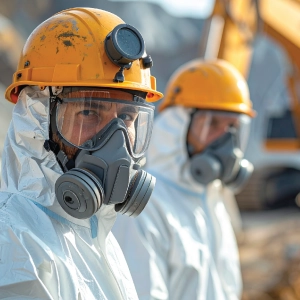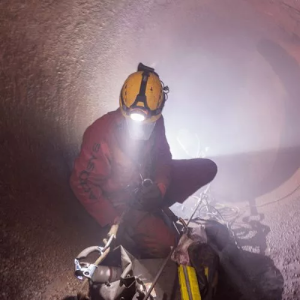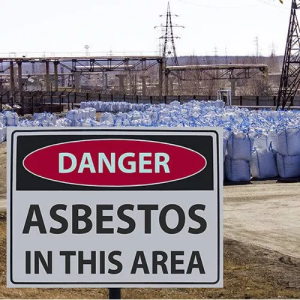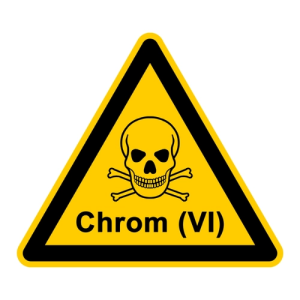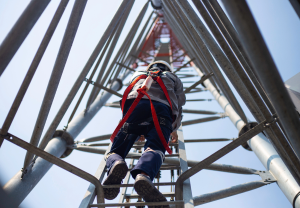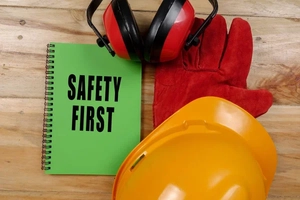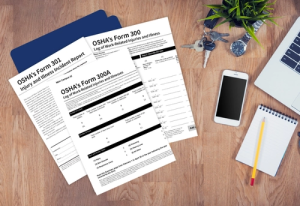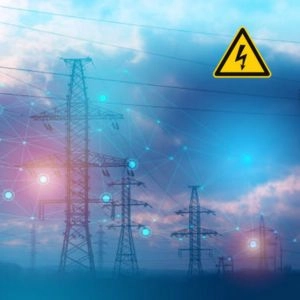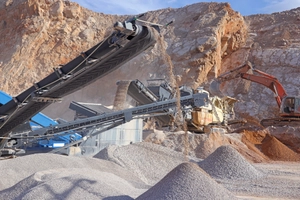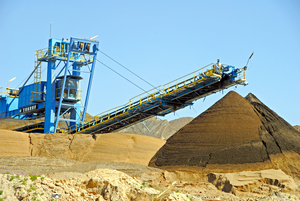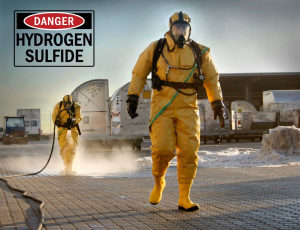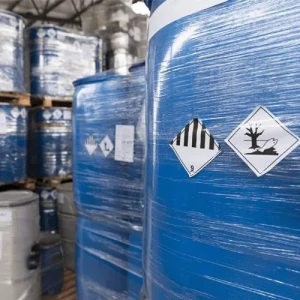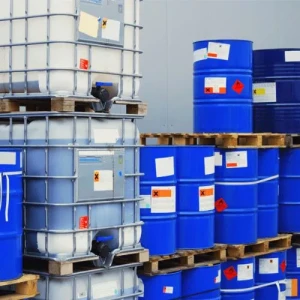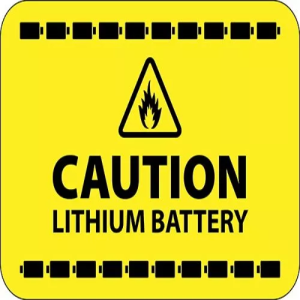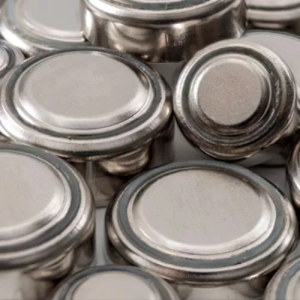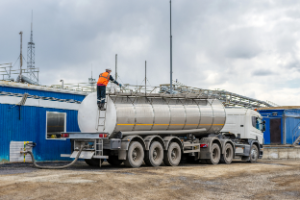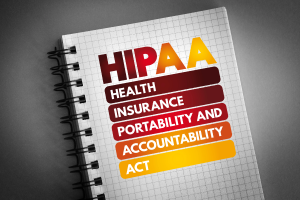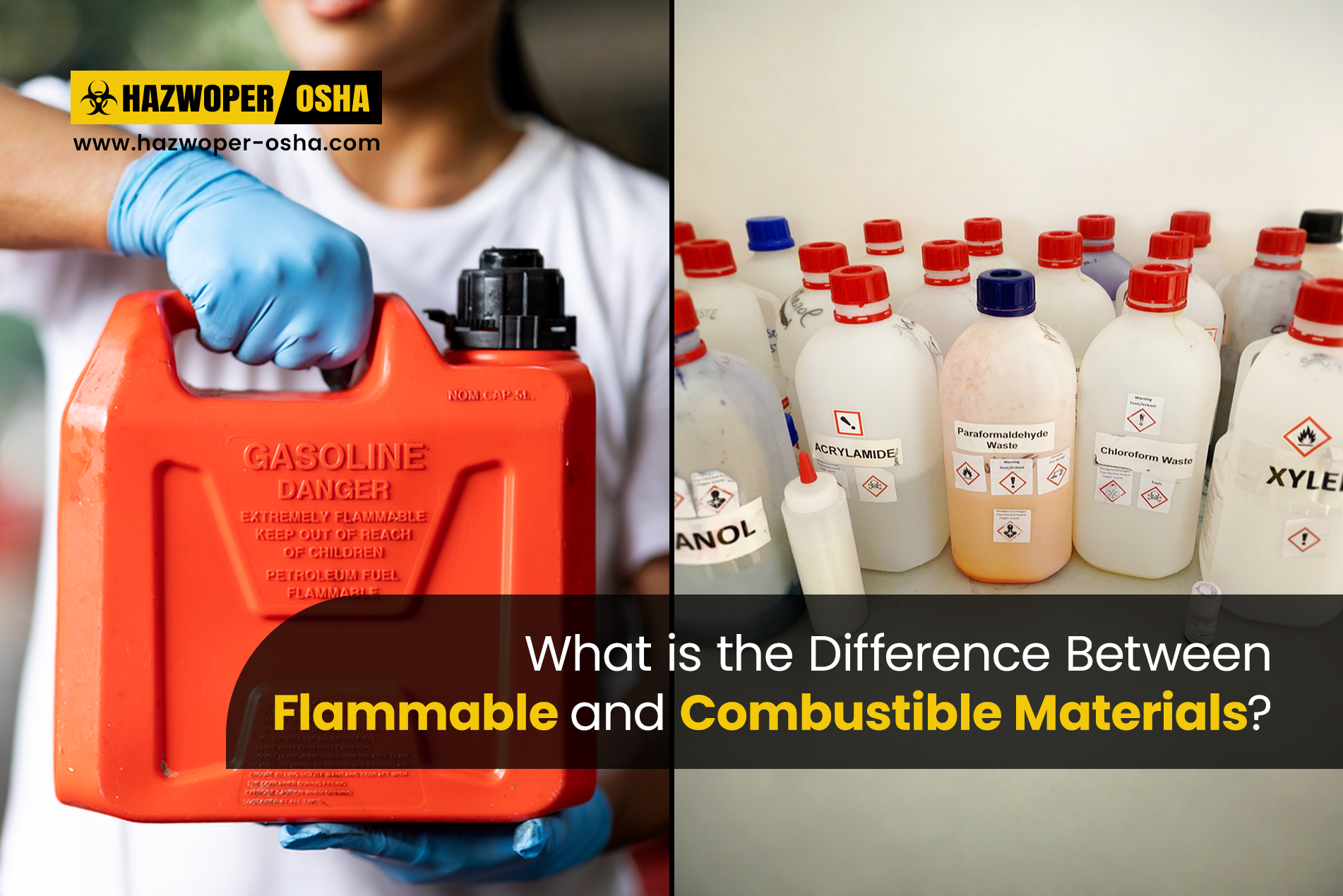The Risks and Benefits of Off-the-Shelf Energy Drinks: What You Need to Know for Workplace Safety

Caffeine’s Growing Popularity and Its Risks
In today’s fast-paced society, caffeine is commonly used to boost energy and increase alertness. While caffeine itself has been a staple for hundreds of years, caffeinated energy drinks have surged in popularity over recent decades. However, the combination of caffeine with other stimulants in these drinks has raised health concerns, especially with their frequent use in high-energy and demanding work environments.
Understanding Energy Drink Hazards
Energy drinks contain high levels of caffeine along with other energy-boosting ingredients like taurine, guarana, and sugar. Over consumption of these ingredients can lead to significant health issues. In fact, emergency room visits related to energy drinks have risen sharply; a report from the Substance Abuse and Mental Health Services Administration (SAMHSA) documented over 20,000 ER visits in the U.S. in 2011 alone due to complications from energy drinks.
The combination of ingredients can pose serious health risks. For example, research has shown that caffeine and taurine, both commonly found in energy drinks, can amplify each other’s effects. According to a study in the Journal of the American Heart Association, this combination can cause an increase in calcium buildup in heart cells, which may lead to blood vessel constriction and heart complications.
A tragic example involves a high school student in South Carolina who collapsed and died after consuming a large amount of caffeine from coffee, soft drinks, and an energy drink in a short time. The coroner reported that the cause of death was a caffeine-induced lethal cardiac arrhythmia, illustrating the potentially fatal effects of excessive caffeine consumption.
Health and Safety Impacts of High Caffeine Intake
Large doses of caffeine can have various adverse effects on heart health and overall body function:
Cardiovascular Risks:
High caffeine intake may lead to heart rhythm disturbances, increased heart rate, and high blood pressure. This risk is especially significant for young individuals, as caffeine can impact the developing cardiovascular and nervous systems.
Anxiety and Mental Health Issues:
Excessive caffeine is associated with heightened anxiety, disrupted sleep, digestive issues, and dehydration.
Hidden Caffeine Content:
Many energy drinks contain additional caffeine from guarana, a common ingredient that increases the drink’s total caffeine content without explicitly listing the added amount.
Interaction with Alcohol:
Mixing energy drinks with alcohol can mask the sensation of intoxication, leading people to feel more alert than they are, while their motor skills and reaction time remain impaired. This can increase the likelihood of risky behaviors.
Sleep and Behavioral Impacts:
Excessive consumption of energy drinks can disrupt sleep patterns and is linked to increased risk-taking behavior.
High Sugar Content:
A single 16-ounce energy drink may contain between 54 to 62 grams of added sugar, exceeding the recommended daily limit for added sugars by the American Heart Association. Excess sugar can contribute to weight gain, diabetes, and other metabolic issues.
Considerations for Energy Drink Consumption
While most energy drinks keep their caffeine content below the 400mg daily limit recommended by the FDA, there are other factors to consider before reaching for an energy drink, especially in a high-demand work environment:
Know Your Caffeine Intake from All Sources:
Track caffeine intake from other sources, like coffee or soda, throughout the day.
Know Your Body’s Tolerance:
Some people are more sensitive to caffeine than others, so understanding your tolerance can help you avoid adverse effects.
Consider Your Workload:
High-intensity labor already places strain on the heart and body, which can be amplified by caffeine.
Assess the Environment:
If you’re working in a hot or high-stress environment, an energy drink may not be the safest option, as it can increase the body’s stress response.
Final Thoughts on Energy Drink Use
It’s essential to be aware of what you’re putting into your body, especially when energy drinks are involved. Experts do not universally condemn energy drinks but generally advise limiting intake to no more than one per day. When consumed in moderation, energy drinks may provide a temporary energy boost, but overuse can lead to serious health risks, particularly in high-stress or labor-intensive jobs.
By understanding the ingredients and potential hazards of energy drinks, workers can make safer choices that protect their health in demanding environments. As with any stimulant, moderation and awareness are key to staying safe.
References
- Substance Abuse and Mental Health Services Administration (SAMHSA), 2011 Report on Energy Drink-Related ER Visits.
- Journal of the American Heart Association, Research on the Effects of Caffeine and Taurine.
- American Heart Association, Daily Added Sugar Recommendations.

 EN |
EN |  ES
ES






